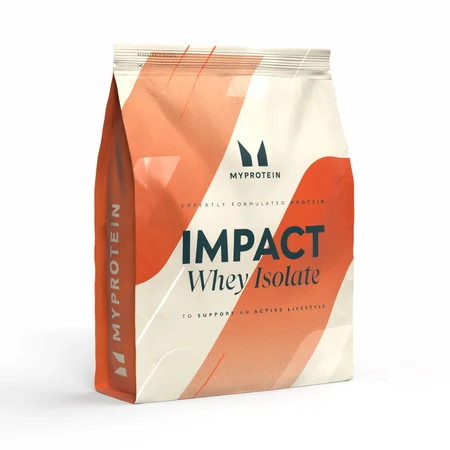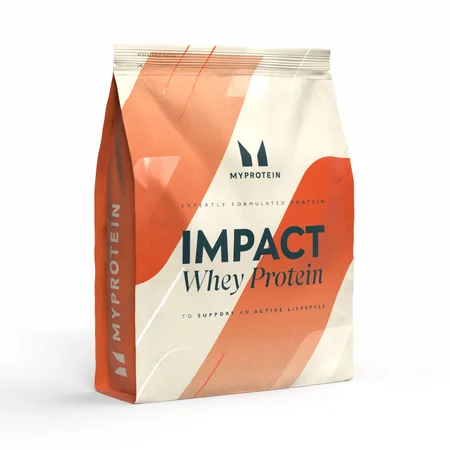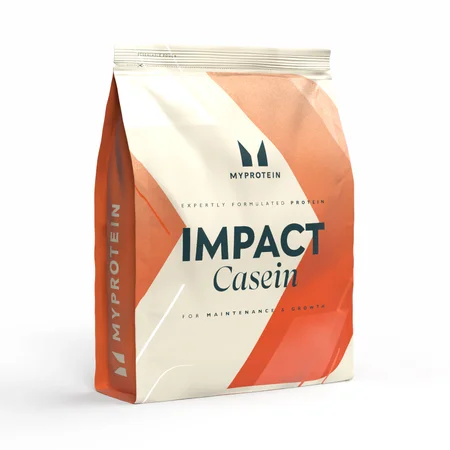Protein Shakes | How Much Whey Should I Drink A Day?

Whether you’re trying to lose fat, tone up, bulk up, or maybe even do a little bit of everything, you will almost certainly be looking to build muscle and increase your lean muscle mass, and that's where many people find themselves struggling.
Protein is vital for us all, especially those of us looking to build muscle, but does that mean we should sacrifice whole foods and rely on protein shakes and supplements instead?
One of the most common questions that personal trainers and fitness experts get asked on a weekly basis is, 'How many protein shakes a day are optimal for muscle growth and repair?' Here’s a detailed answer.
Protein for Muscle Growth
Before we cover how many protein shakes per day you should be drinking, it’s important that we truly understand the role that protein has to play in muscle growth and repair.

Protein is made up of amino acids, which are the building blocks of muscle tissue. Without amino acids, it would be virtually impossible for our muscle tissues to grow and repair themselves once damaged.
Each protein molecule is made up of: carbon, hydrogen, nitrogen, and oxygen, and it is the nitrogen that plays such an important role in the growth and repair of muscle tissue. When you have enough protein in your body, this will ensure that your body falls into a positive nitrogen balance, which is also referred to as being in an anabolic state, which means that you will be in a state to build new muscle tissues.
When consuming protein, amino acids, oxygen, and other muscle-building nutrients will be rapidly delivered into the skeletal muscle tissue, ensuring that they begin to grow and repair themselves following a strenuous workout.
Protein is a macronutrient which is essential for protein synthesis, which is where the body begins to synthesise new muscle proteins to replace damaged ones.
How Much Protein Do We Need?
Depending on who you talk to, you might get a slightly different answer, as truthfully, all bodies are different, and so therefore, all bodies respond to certain stimuli in different ways.
The general consensus however, is that for anybody looking to maintain/build muscle, alongside training, they should aim for between 1.4-2g of protein per kilogram bodyweight per day.
Supplementing with Protein Shakes
When it comes to protein consumption, there really is no substitute for wholesome, fresh, healthy, and natural foods, and although protein shakes are extremely beneficial, they should not be used as a substitute for whole food meals. They should instead be used to supplement the diet with extra protein, as they act as an affordable, convenient, and fast-absorbing source of protein.
Types of Whey

Whey Protein Concentrate
Whey Protein Concentrate is a derivative of cow’s milk, and is obtained during cheese production. Milk separates into solids and liquids during cheese production. The solids are the curds, and the liquids are the whey.
Whey protein concentrate is a rapidly absorbing protein that contains all nine essential amino acids. Whey concentrate is approximately 75–80% pure protein per serving, with the remaining 25% being made up of carbohydrates and fats. It comes in at the lowest price of all types of whey protein.
Whey Protein Isolate
Whey Protein Isolate begins its life in exactly the same way as whey concentrate, until it's expertly filtered. Here, it undergoes additional treatments to maintain more nutrients and to remove much of the carbohydrates and fats. Whey isolate is around 95% pure protein per serving.
Casein Protein
Casein Protein also comes from cow’s milk, though this protein is very different to whey protein.
The protein found in milk is made up of 80% casein, it contains a healthy mixture of peptides and amino acids, and it is renowned for being digested and absorbed much, much slower than whey.
Because of this, casein is used predominantly before going to bed, in order to fuel the body with protein during sleep.
How Many Protein Shakes Should I Drink A Day?

The amount of protein shakes you should drink per day depends on your body and your individual goals.
Many gym-goers consume between around 2-5 protein shakes per day, based on the 1.4-2g protein per kilogram of bodyweight per day rule. The number you get here includes the protein you consume from food, so, once you calculate how much protein is in the food you want to consume, the rest can be made up from protein shakes.
When Should I Take Protein Shakes?
Whey can be taken anytime of day to increase your overall protein intake. Lots of research strongly supports having a protein shake directly after your workout, as this is when your muscles need it the most.
Here are some examples of the best times to consume a protein shake:
✓ First protein shake early in the morning as soon as you wake up to get some protein and nutrients into your muscles as quickly as possible.
✓ After your breakfast and before your lunch.
✓ Between meals throughout the day for a quick snack.
✓ Following your workout to replenish protein and nutrient levels inside your muscle cells. After you exercise, your muscles are primed to absorb more nutrients than usual, and this lasts for around one hour. It is known as the ‘anabolic window’. A source of fast-absorbing carbohydrates inside your post-workout shake in order to replenish glycogen stores has also been strongly advised by researchers to maximise muscle growth, such as dextrose.
✓ Consuming casein protein is ideal before bed to keep your muscles fuelled with protein whilst you sleep.
Check out our range of unflavoured protein powders and chocolate protein powders here.










